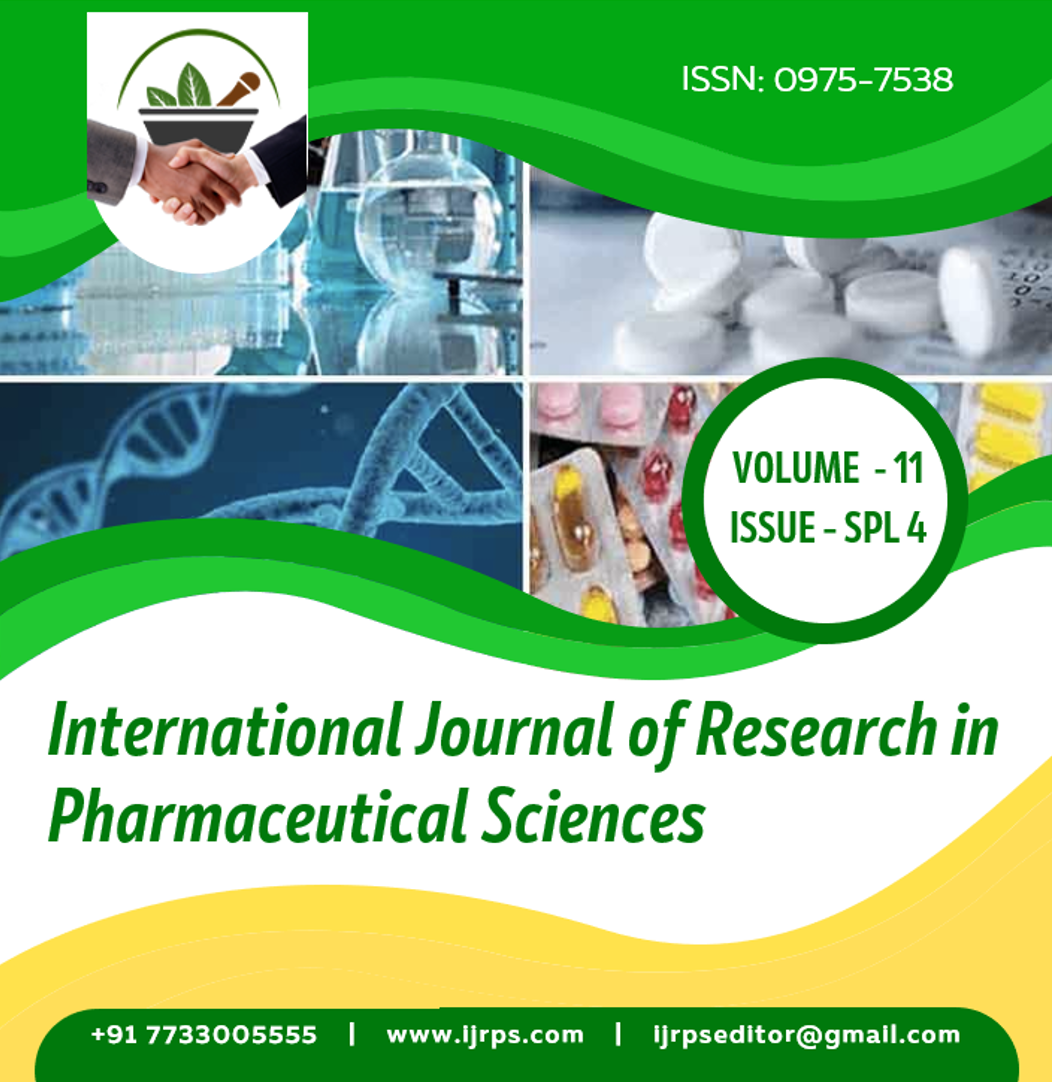Abstract
Post-operative infection still remains as a challenging one which occurs during the postoperative course. This can cause mild to severe complications and can even lead to death. Due to which this leads to serious consequences like expanded expenses in hospitals because of increased hospital stay and treatment. The area is marked to have pain, tenderness, edema and even discharges like pus is seen. The commonly involved organisms include the Staphylococcus, Streptococcus, Pseudomonas species and E.coli. The risk of acquiring the infection differs from one person to another. The paces of these infections differ from hospital to hospital and the site of contamination might be limited to a stitch line or might extend into the operative sight. The postoperative infections are combated by providing antibiotic prophylaxis before, during and after the surgery. The main challenge associated is the antibiotic resistance by the bacterial species, so it becomes difficult to evaluate the sound techniques for treating these infections. So this can be prevented by following pre-operative, intraoperative, post-operative surgical techniques. Proper strategies must be used to prevent and control these infections. The aim of this review is to analyze the postoperative infections and their management strategies.
Full text article
Authors

This work is licensed under a Creative Commons Attribution-NonCommercial-NoDerivatives 4.0 International License.

